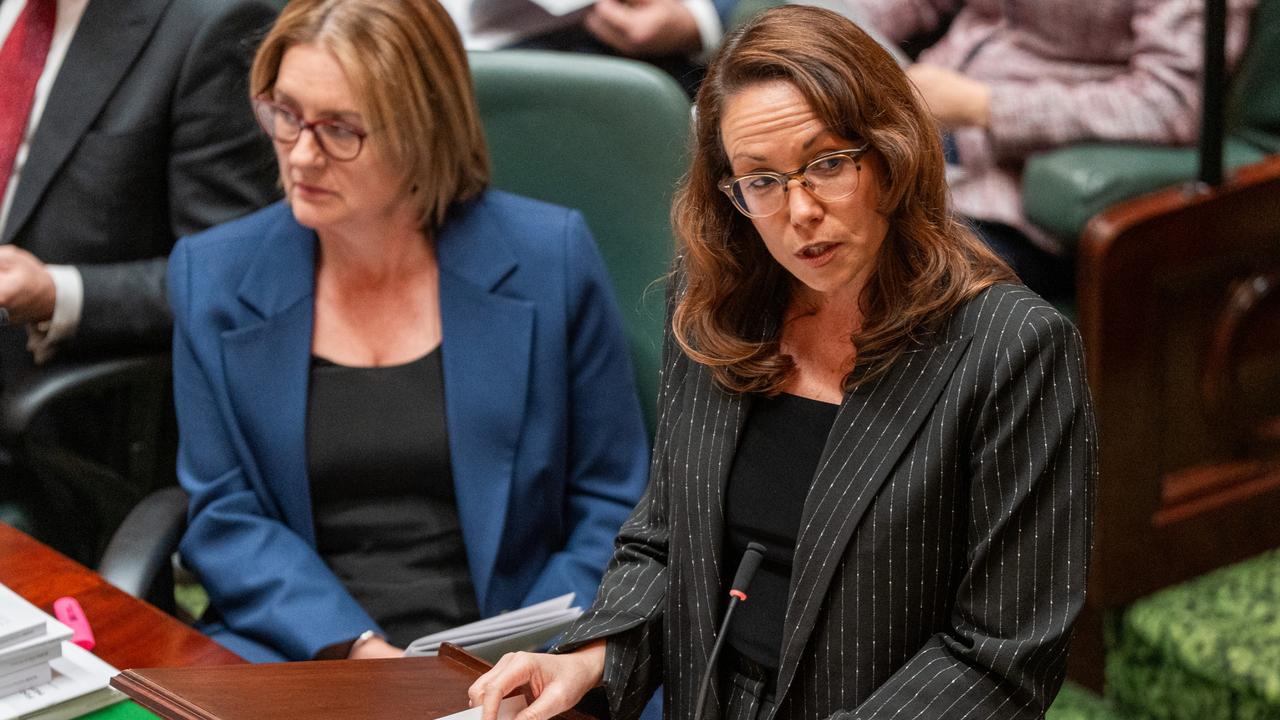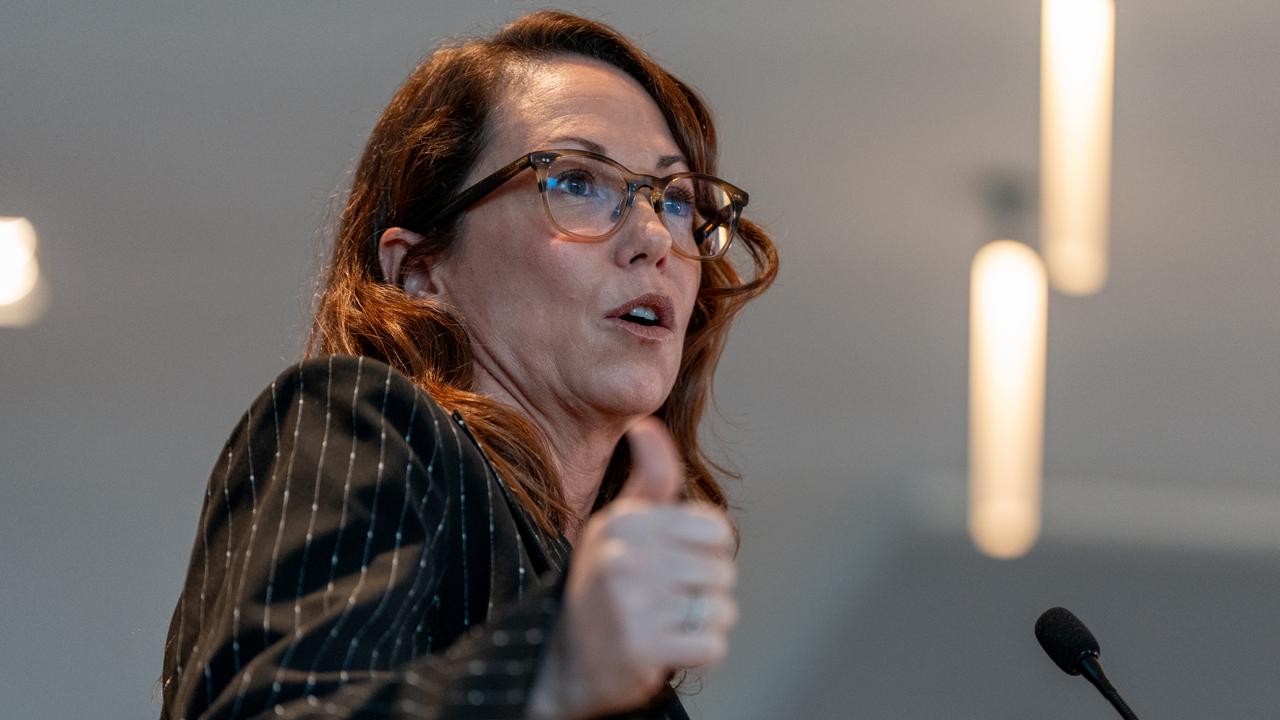King Charles’ lack of appeal won’t help republican cause
You can see why Australian republicans are stirring – King Charles lacks the appeal his mother had. But the Crown will be safe here for now.
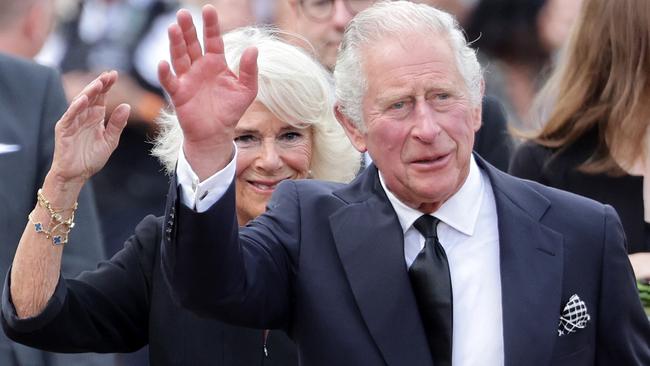
James Campbell
Don't miss out on the headlines from James Campbell. Followed categories will be added to My News.
In the best line from her tribute to the Queen delivered to the House of Commons on Friday, the new British Prime Minister Liz Truss spoke of “the pledge she made on her 21st birthday to dedicate her life to service,” adding, quite rightly, that “never has a promise been so completely fulfilled”.
Interestingly however in referring to that pledge Truss truncated the quote – omitting to whose service the future sovereign was pledging her life.
The promise was made in a radio broadcast from Cape Town, which the then Princess Elizabeth happened to be visiting on her birthday in 1947.
In it she said she would make a “solemn act of dedication with a whole Empire listening,” namely “that my whole life, whether it be long or short, shall be devoted to your service and the service of our great imperial family to which we all belong”.
Similarly, Boris Johnson, in his much better tribute in the same debate, said that “in 1940, when this country and this democracy faced the real possibility of extinction, she gave a broadcast – aged only 14 – that was intended to reassure the children of Britain”.
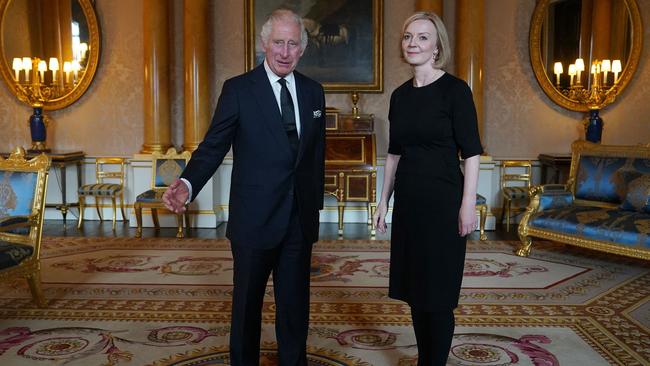
In fact, in that broadcast, which can be heard on YouTube, her talk was introduced by the BBC announcer as a chance for her to “speak to the children of the Empire at home and overseas”.
Johnson is a big Churchill fan, the author of a biography of the great wartime leader and a regular invoker of his rhetoric.
In May he told the Ukrainian parliament that if they prevailed in their war with Russia it would be the country’s “finest hour”.
It tends to be forgotten these days that in that speech, delivered in the Commons four months before Princess Elizabeth addressed the children of the empire, the “finest hour” Churchill was speculating about was not Britain’s, but “the British Empire and its Commonwealth”.
These days the Empire, aside from some bits-and-bobs like Falkland Islands and St Helena, is long-vanished, having disappeared from the map during the 70 years the Queen was on the throne.
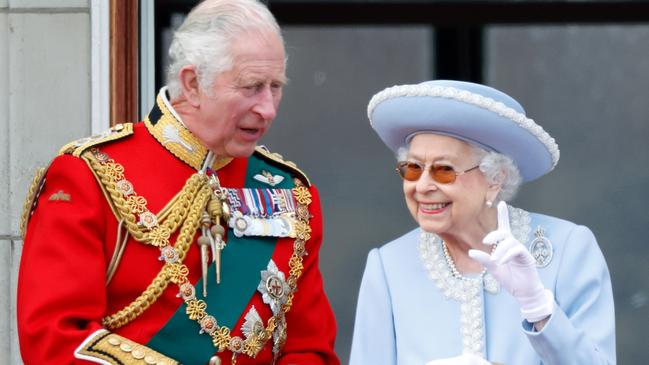
As for the Commonwealth? Well it still exists, but it barely rates even as a talking shop.
This year its heads of government meeting was held in Rwanda, a country which was never a part of the British Empire, and was given a miss by both Anthony Albanese and Jacinda Ardern.
What Truss and Johnson’s speeches on Friday show clearly is that in modern Britain the Empire is a subject of which politicians instinctively steer clear, not just because just of the anti-imperial crusade which has gripped parts of academia, but because for most Britons, it’s ancient history that simply doesn’t resonate.
The Queen they were remembering, was the Queen of Great Britain and Northern Ireland, not the Queen of Australia, Canada, New Zealand and her other realms beyond the sea.
Does that matter for the future of the Crown in Australia? I think it does, and I say that as a supporter of us staying a constitutional monarchy.
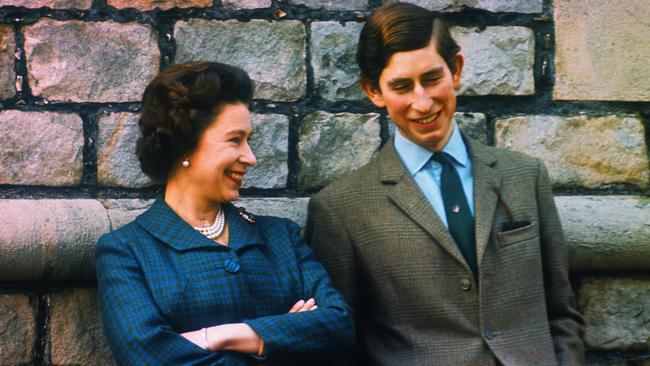
In law of course, our King’s position as King of Australia bears no relationship to his position as King of the United Kingdom and the other realms over which he reigns.
But just as I thought it was dishonest for monarchists back in 1999 to argue we didn’t need to become a republic because the governor-general was already our head of state, I think it’s dishonest to argue that part of the appeal of our constitutional monarchy is that we share it with Britain, the country from which our institutions and much of our population sprang.
In other words if the Poms no longer see the Crown as a unifying symbol that binds our nations together, it’s hard to argue it at this end.
That King Charles is acutely alive to this danger was clear from the way his address on Friday was careful to speak of the “United Kingdom” and “all the countries where The Queen was Head of State, in the Commonwealth and across the world”.
He was also careful to make clear that famous broadcast from Cape Town was “to the Commonwealth” and “to devote her life, whether it be short or long, to the service of her peoples.”
In the not too distant future Australian republicans will begin to stir and you can understand why: Charles is neither an icon, like his mother, nor appealing to younger people like Wills and Kate.
He also has some decidedly odd views, though I suspect we will be hearing less of them going forward.
In these circumstances republicans must reckon they’d do better than they did in 1999.
But I wouldn’t bet on it.
For one thing, just as it was in 1999, the movement is led by members of Australia’s elite, who if anything are even less popular with the mob today.
For another the division between those who want a directly elected president and those who don’t is as great as it was back then.
Though the power of its symbolism is waning, I think the crown is safe here for a while.
More Coverage
Originally published as King Charles’ lack of appeal won’t help republican cause




